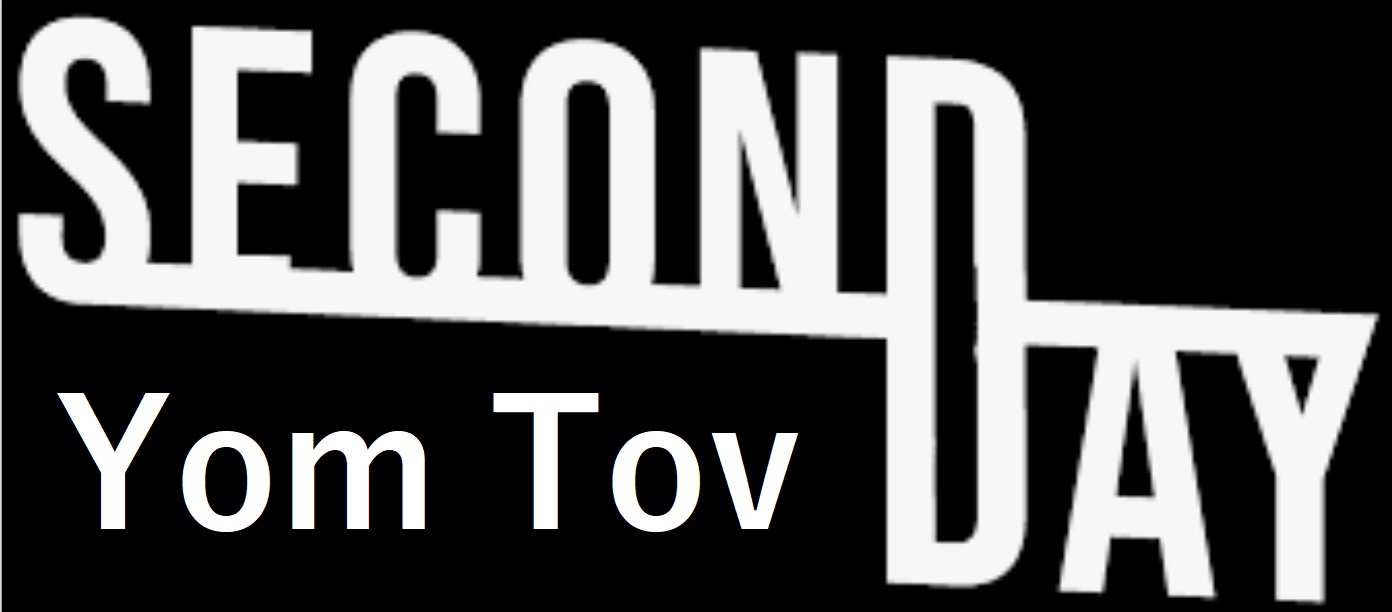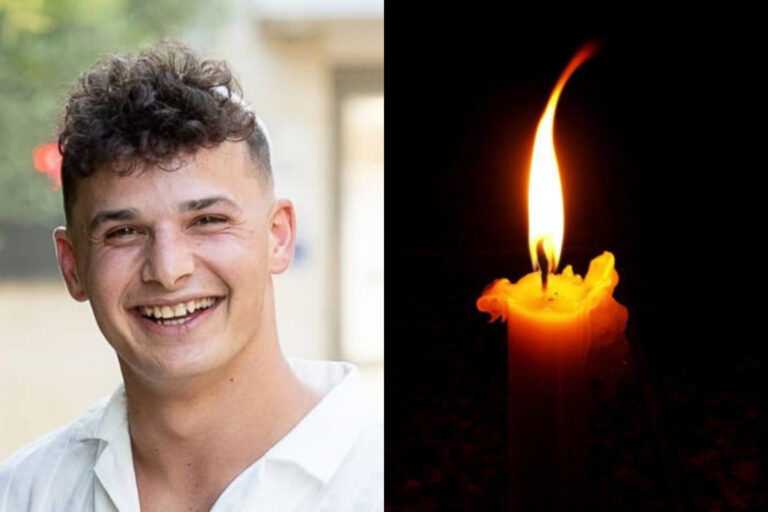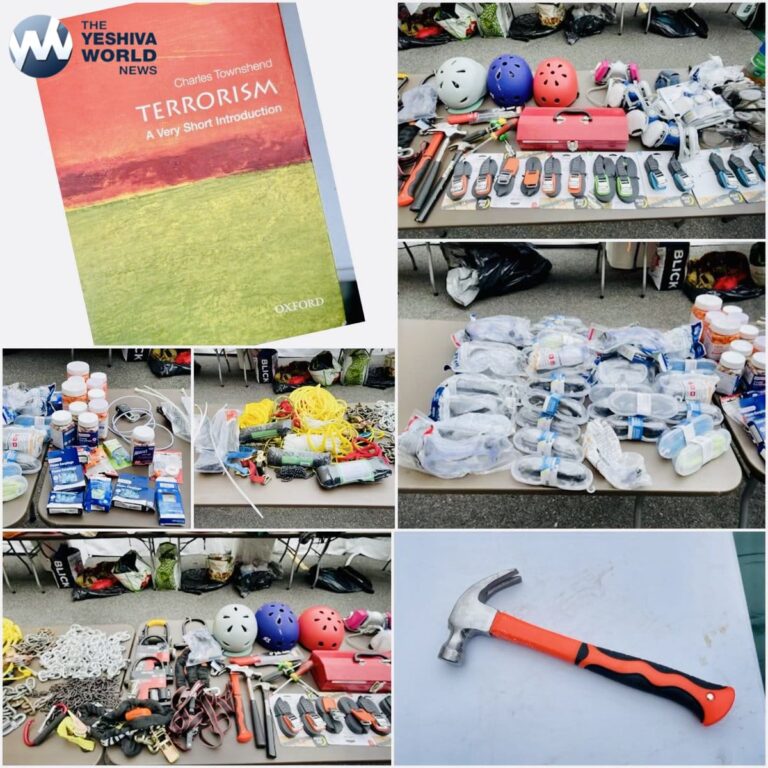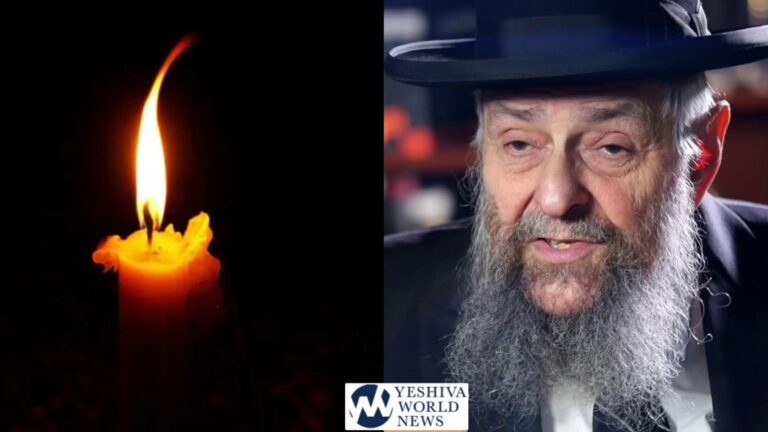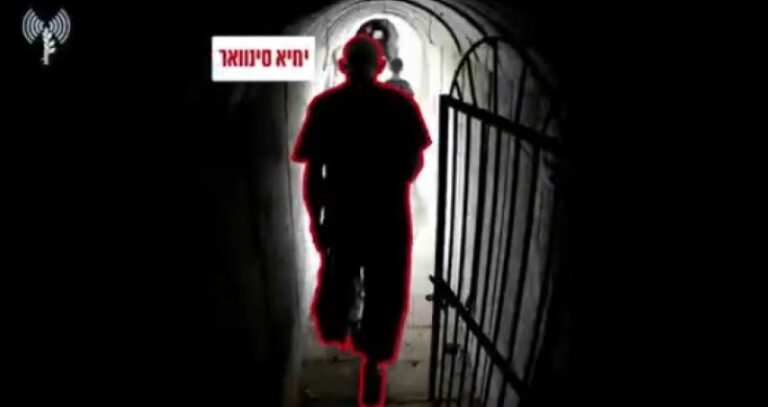By Rabbi Yair Hoffman
What follows is a brief overview of some of the laws of second day Yom Tov. In countries outside of Eretz Yisroel (the diaspora) on Jewish holidays, two days of Yom Tov are kept instead of one. On Sukkos and Pesach, this applies to the first days and also to the last days. On Shavuos, which is only one day in Eretz Yisroel, it is two days outside of Eretz Yisroel. Rosh haShana is kept for two days in both Israel and outside of it.
HOW DID IT START?
It seems that there is a debate among the Rishonim as to how second day Yom Tov actually began. The Rambam (See Kesef Mishna Hilchos Milah 3:6 who cites a letter that he wrote to the sages of Luniel) writes that it began as an enactment of the sages from the start. Rashi, on the other hand, writes (Baitzah 4b “Safukei”) that it first developed organically, and only later was it officially enacted by the sages.
BEFORE THE CALENDAR WAS ESTABLISHED
Prior to the establishment of the set calendar and the calculated Molad that we have now, the calendar was dependent upon witnesses. Some are of the opinion that during that time – there were parts of Eretz Yisroel that also kept two days and parts of the diaspora that kept one day (See Rambam Kiddush HaChodesh 5:9-12).
TAKEN SERIOUSLY
The Shulchan Aruch (OC 496:1) rules that one places a person who takes second day Yom Tov lightly is placed under the ban. It is the ruling of the Mishna Brurah (496:11) that Yom Tov Sheini is not just a safaik but it is considered a full-fledged Rabbinic enactment.
The nation of Israel possesses certain “badges of honor” called “osios.” These badges are Shabbos, Yom Tov, Tefillin, and Bris Milah. We do not wear Tefillin on Yom Tov, whether it is the first day or the second day, because it is disrespectful to the badge to wear Tefillin on the day when we have the badge of Shabbos or Yom Tov. This is true even for the second day of Yom Tov (MB 31:1 in the name of the Rashba).
On the first day of Sukkos, if one did not yet take the Lulav and one has begun to eat of the Seudah, then one stops eating the meal and recites a bracha on the Lulav – even if one has time to recite the bracha afterward. This is because it is a Torah Mitzvah to take the lulav on the first day. The Mishna Brurah rules (MB 652:8) that this is true even on the second day, because we treat the second day like the first.
By the same token, there is a concept on the first day of Sukkos called “Lachem.” The Arbah minim (lulav and esrog, etc.) must belong to the person. We, therefore, gift it to another adult on condition that we may acquire it back afterward. An adultm however, should not give his lulav to a child on the first day of Yom Tov before the adults have taken it, because a child can acquire but does not necessarily gift to another. The Mishna Brurah rules that the second day of Yom Tov is to be considered like the first day in this regard as well (MB 658:23).
EXCEPTIONS
There is a minhag cited in the Ramah (OC 467:8) that on Pesach, we refrain from eating dried fruits out of a concern that they may have become Chometz. On the second day of Yom Tov on the last days, however, the custom is to be lenient.
DOUBTS AND DOUBLE DOUBTS
There is a general principle in Halacha in how we deal with doubts. If it is a doubt in a rabbinic law, we are lenient. If it is a doubt in a Torah law, we are stringent. This is called the principle of, “safek derabanan l’kulah; safek de’oraisah l’chumrah.”
So if there is a doubt as to whether one must perform a Yom Tov requirement on the first day of Yom Tov – then he or she must perform it again. If there is a doubt as to whether a Yom Tov requirement was fulfilled and it is the second day, then one does not have to perform it again. The Mishna Brurah rules in this manner in two different places (MB 585:5 and MB 600:7). However, if performing it again does not require excess effort, then it is proper for it to be performed again (MB 652:2).
L’halacha, however, we do not count the fact that the second day Yom Tov itself is Rabbinic as a factor in this.
There is also something in Halacha called a Sfek Sfaika, a double doubt. For example, although technically, shechita is permitted on Yom Tov because it is a malacha involving preparation of food, we no longer do it on Yom Tov because practically we could have done it all before Yom Tov. But let us say that a cage trap was set for a deer prior to Yom Tov, and we are unsure whether the deer was caught beforehand or on Yom Tov (and would be Muktzah).
Generally speaking we permit double doubts in Halacha. However, the Mishna Brurah writes that one should be stringent.
A DIASPORA RESIDENT WHO MOVES TO RESIDE IN ISRAEL
There is no obligation to keep the second day of Yom Tov when one has moved to Israel to reside there (MB 496:13). When one has not arrived in his final destination city yet, but has arrived in any city in Eretz Yisroel and wishes to remain in Israel – there is a debate as to whether he still keeps one day. The Rosh’s view cited in Shulchan Aruch (SA OC 496:3) indicates that he keeps only one day. The Shach (YD 214:8) is read by some authorities (Rav Yosef Nazir, the Av Beis Din of Egypt in his Mateh Yosef YD #1 d.1714 ) as disagreeing with this view. The Minhag seems to be like the view of the Shulchan Aruch.
Even if one has arrived in the middle of Chol HaMoed, then one still keeps one day of Yom Tov on the second days.
The author can be reached at [email protected]

